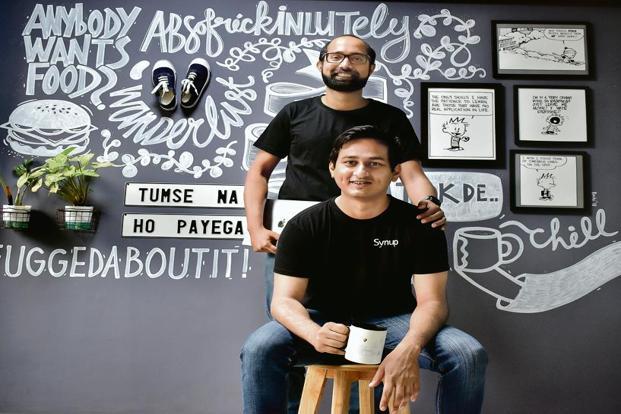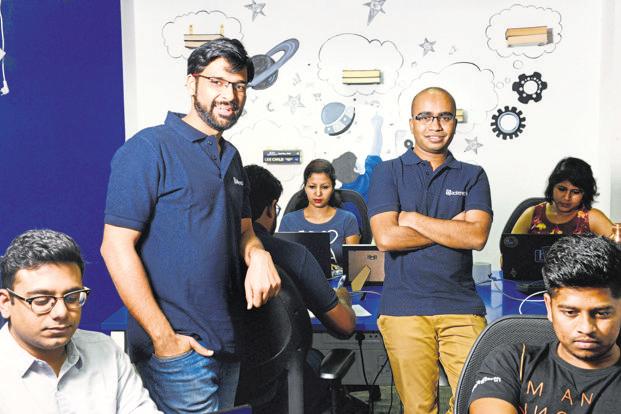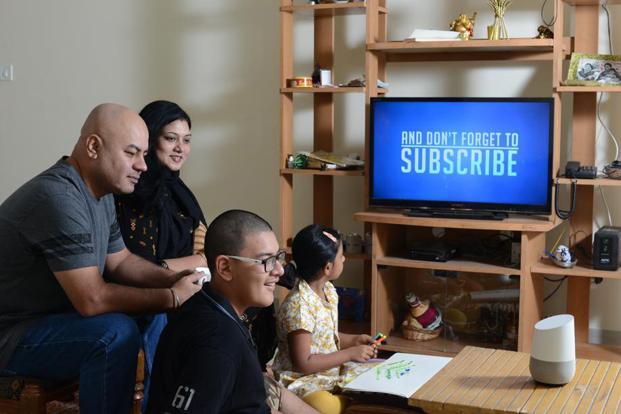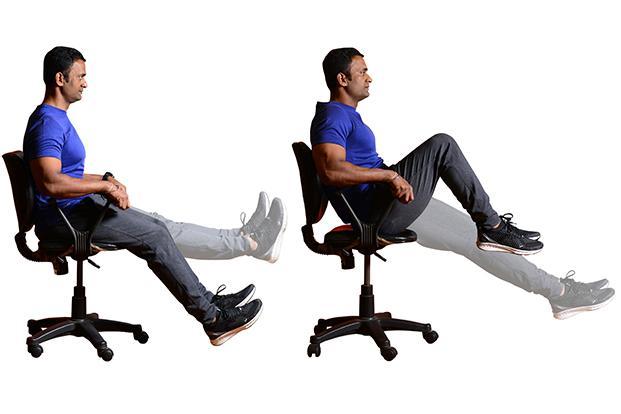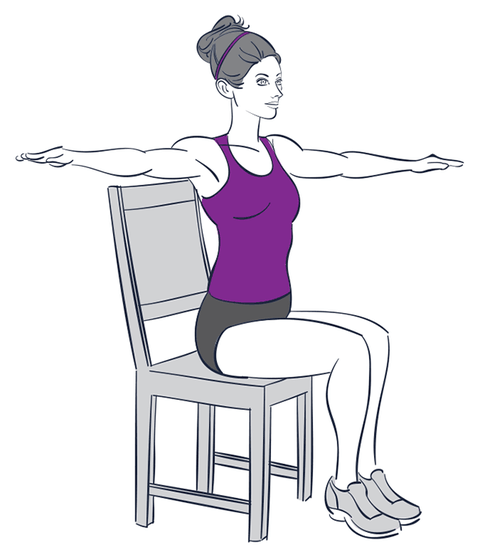Listen well and you will know the truth. Over a cup of coffee in February, Akash Manohar, the director of engineering at Synup, a Bengaluru-based marketing start-up, made a suggestion to its millennial founder Ashwin Ramesh—change the work timings, because late hours don’t allow the team to pursue hobbies.
“The norm for most tech start-ups is to start late and end late,” says 26-year-old Ramesh. “However, I thought there’s no harm in implementing it and seeing how it goes.” Two days later, Ramesh changed the reporting timing for the tech teams, asking employees to come at 8am and leave by 5pm sharp. He was surprised to see a 20% increase in productivity within a few weeks.
Listening is a skill you must acquire
Ramesh is glad that he picked up the skill of listening to colleagues, and making collective decisions, early in his entrepreneurial journey. In 2016, he also implemented advice on using networks and contacts for hiring rather than advertising on job portals; the suggestion came from Raison D’Souza, also director of engineering.
Continue reading “For success, learn to listen well”
